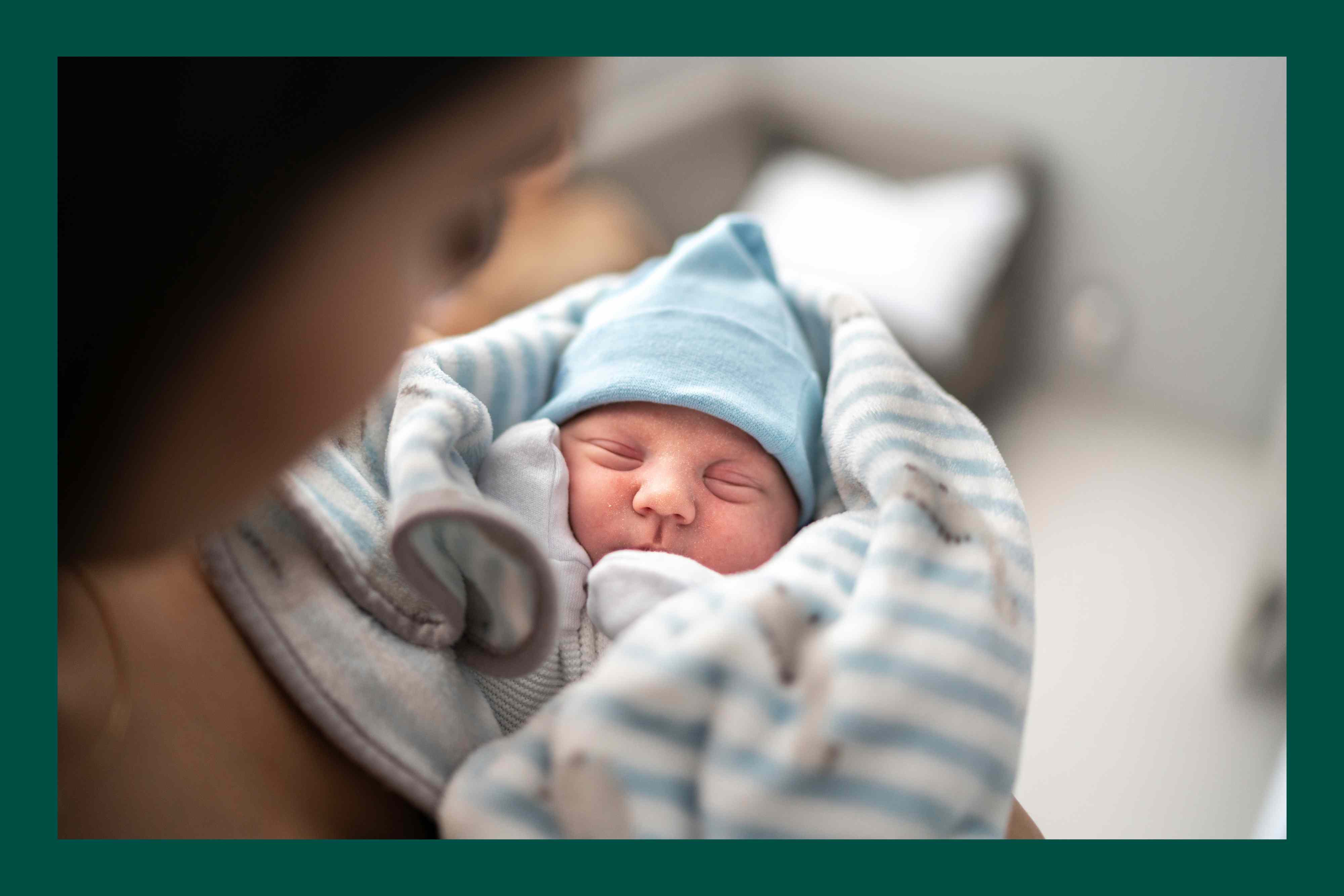Over 13 Million IVF Babies Born, Study Reveals

The Rise of IVF and Its Global Impact
In vitro fertilization (IVF) has become a significant part of reproductive medicine, with its use growing exponentially over the years. A recent study highlights just how widespread this procedure has become, revealing that more than 13 million babies have been born worldwide through IVF. However, experts believe the actual number could be even higher when considering births that occurred after the study's data collection period.
The research was conducted by the International Committee Monitoring Assisted Reproductive Technologies (ICMART), which analyzed data from 1978 to 2018. According to Professor Georgina Chambers, one of the lead authors of the study, preliminary data suggests that an additional three to four million babies were born via IVF since 2018. This would bring the total number of IVF-born babies to approximately 17 million globally.
Understanding the Data and Its Implications
To arrive at these figures, the research team examined birth data from 101 countries. Some nations, like Australia, have established IVF registries that track this information. In other regions without such systems, researchers estimated the number of IVF births based on the number of clinics operating in those areas.
Professor Chambers emphasized the importance of consistent methodologies in estimating global IVF numbers. "Every year we estimate how many babies were born in the previous 12 months—but we’ve never actually gone back and used a consistent methodology and extrapolation for missing data to estimate the total number of babies born in the world," she explained. She also noted that IVF births have grown exponentially over time, reflecting advancements in technology and increased awareness.
Despite its success, IVF is not universally accessible. Professor David Adamson, Chair of ICMART, pointed out that the procedure is expensive and requires skilled personnel, medications, and high-tech laboratories. Without public funding or reimbursement, it remains out of reach for many people, especially in low-resource settings.
Expanding Access to IVF
Researchers and health experts are working to make IVF more equitable. They believe that assisted reproduction can benefit a wide range of individuals, including those struggling with infertility, single individuals, and LGBTQ+ couples. These groups often face unique challenges in starting a family, and IVF can provide a viable solution.
"As more babies are born through IVF, we hope access to safe, high-quality care will become more equitable—and based on human rights—across the world," said Chambers. The goal is to ensure that IVF is not just a privilege for the wealthy but a right for all who need it.
When Is IVF the Right Choice?
If you're considering IVF, it’s important to consult with a healthcare provider who can guide you toward a fertility specialist. Several factors may make you a good candidate for IVF, including:
- Dealing with unexplained infertility
- Experiencing sperm disorders
- Managing severe endometriosis
- Wanting to screen for specific genetic conditions
IVF is also an option for single individuals and those in LGBTQ+ relationships looking to start a family. However, it's essential to understand the potential costs, success rates, and side effects associated with the procedure. Working closely with a healthcare professional can help you determine the best path forward for your fertility journey.
Post a Comment for "Over 13 Million IVF Babies Born, Study Reveals"
Post a Comment